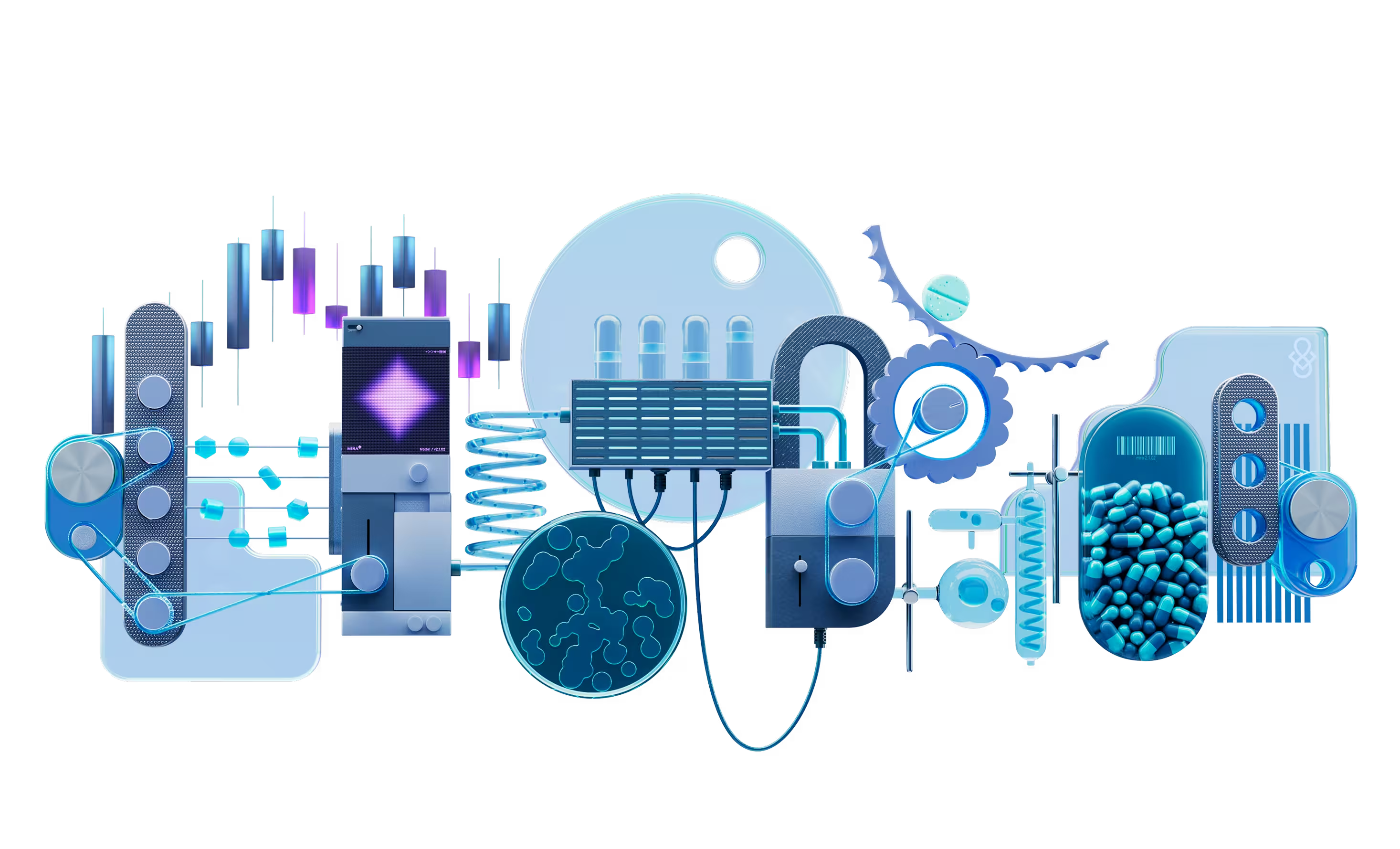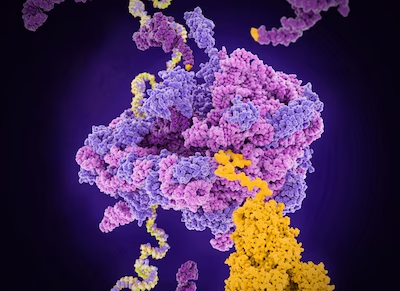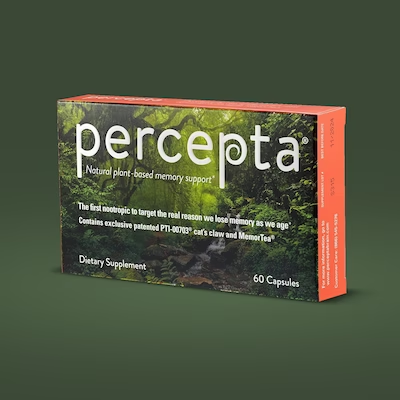Reduce friction, accelerate science
Labs brings funding, collaboration, and visible progress into one shared platform, helping scientific projects move forward with less friction.

Funders access early stage research before it hits the mainstream
Access distinct, thesis-driven biotech labs across emerging areas of innovation.
Track capital use, milestones reached, and progress updates in real time.
Follow a compliance-ready structure with a clear route to equity.
Researchers gain access to resources and an ecosystem to build and scale
Raise aligned capital through streamlined fundraises.
Connect and collaborate with leading researchers, biotech experts, and patients.
Translate results into milestones, narratives, and business models with ecosystem support.
Meet the collectives advancing scientific progress at network speed


A decentralised collective focused on advancing longevity research, with a proven track record of funding and supporting high quality scientific work. As one of Molecule’s earliest and longest standing partners, VitaDAO has helped shape the practical application of decentralised science, demonstrating how coordinated capital and community can accelerate real scientific progress.

Advancing RNA based therapeutics through targeted early stage research.



Cerebrum DAO is a decentralised research collective advancing neuroscience through coordinated funding and open collaboration. Through projects such as Percepta and CLAW, the collective has made tangible progress in building tools and research pathways that deepen our understanding of the brain, demonstrating how decentralised science can accelerate complex neurological discovery.

Advancing RNA based therapeutics through targeted early stage research.

Discover opportunities across the Molecule research ecosystem






“A growing number of scientists and entrepreneurs are leveraging blockchain tools, in an attempt to improve modern science. Collectively, their work has become known as the decentralized science movement, or DeSci."

Curated insights from DeSci industry pioneers
Get one email a month with the most important updates from Molecule and the broader DeSci ecosystem.
News and resources from the Molecule ecosystem
Molecule combines aligned capital and shared infrastructure to make science more transparent, collaborative, and impactful.
Discover opportunities across the Molecule research ecosystem








